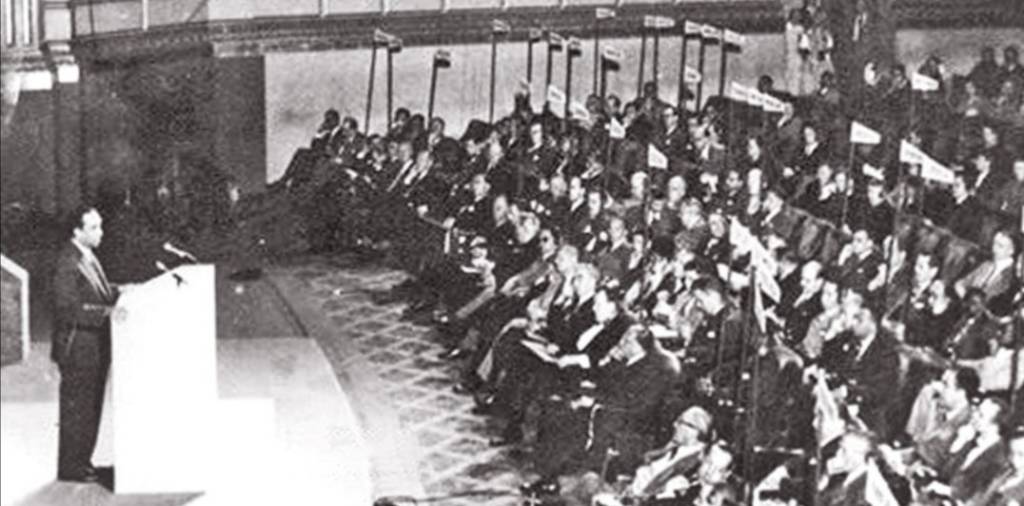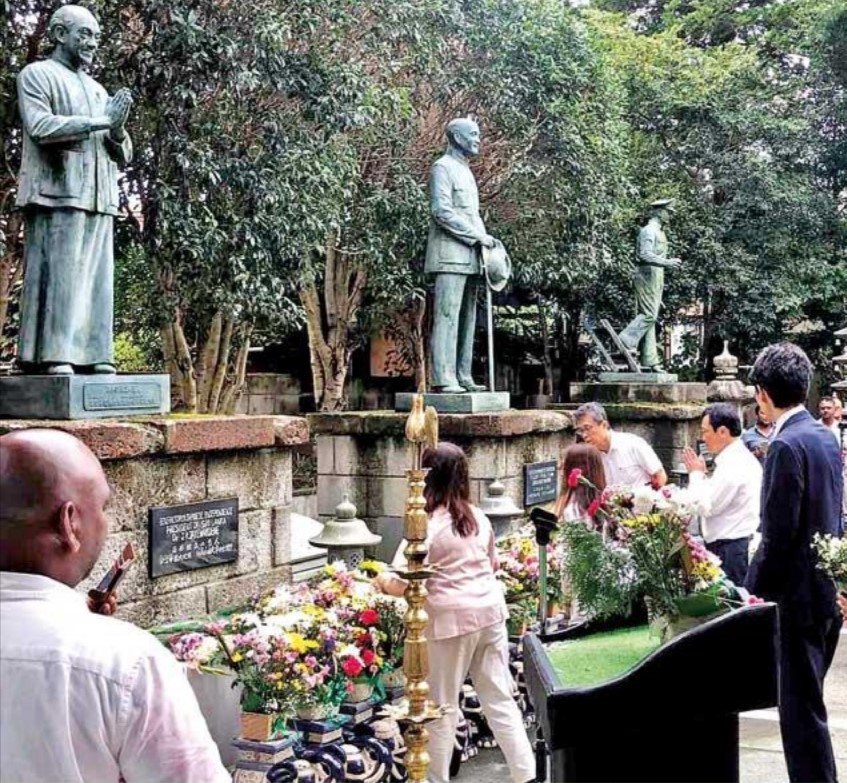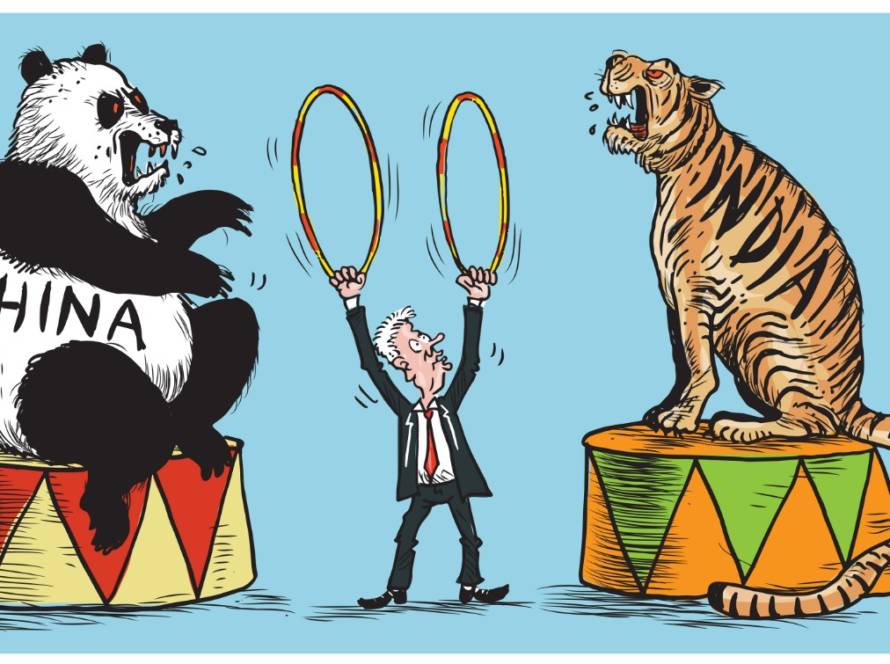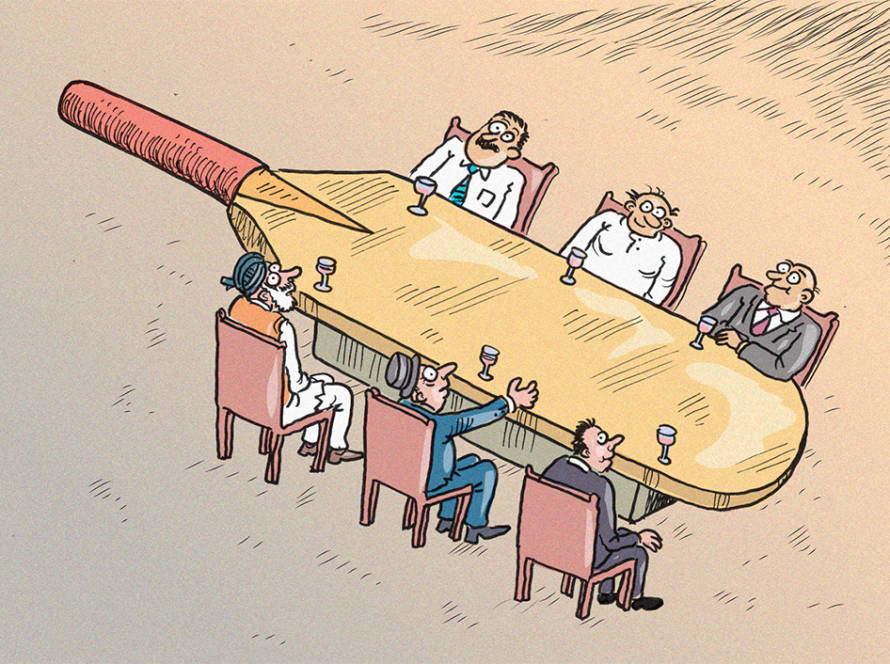J R Jayewardene and the Treat of Peace for Japan
By Karu Paranawithana

Caption – J.R. Jayawardene addresses the San Francisco Conference
September post-1951 is an important month in Japan-Sri Lanka relations. Why? On 6 September this year (2021) Japan celebrated the 70th anniversary of the Treaty of Peace with Japan, an outcome of the San Francisco Conference in 1951 held in USA where Sri Lanka, then known as Ceylon attracted the world’s attention for its firm stand in favour of Japan. The conference aimed at reestablishing peaceful ties between Japan and allies on behalf of the United Nations. This ended the legal state of war and provided redress for hostile acts committed during World War ll. Ceylon’s posturing led by then finance minister J.R. Jayawardene is known as a high point in Sri Lanka’s foreign policy, even to date.
Jayewardene later became Sri Lanka’s President and pioneered the introduction of economic, political and constitutional reforms which caused a significant change in the country’s social fabric. Jayaawardene’s influence in both domestic and external policies of Sri Lanka is still alive and noteworthy. Revisiting his role in the San Francisco Conference is valid within this context.
The Soviet bloc was not in favor of Japan at the conference, yet a solution came into effect in 1952 and ended the American occupation in Japan. Accepting the judgments of International Military Tribunal for the Far East, Japan gradually became an independent nation and a responsible partner in the international order which has been enunciated in the United Nations Charter. Despite the success of the conference and the peace treaty, Japan faced immense hardships in making sound determinations due to the pressure of Cold War power politics. Jayewardene’s role at the conference needs to be assessed with the dynamics of cold war politics and the aftermath during which the international order was heavily shaped by geo political tension between United States and Soviet Union and their allies.
Asia’s foreign relations were affected too. The Soviet Union penetrated in to politics of its neighboring Asian states with sophisticated strategies. The Communist force of China successfully ousted the regime of Chien- Kai- Shek who was an ardent ally of the US and West. The Communists led by Ho- Chi- Min were able to establish power in most parts of Vietnam. The US entered Vietnam against these Communists proclaiming support for the French who had occupied the country since 1950. Cambodia and Laos were also victims of prolonged warfare. The Korean War which began in 1950 exacerbated international politics. The Soviet Union and China supported the North Korean Communists to grab power in Korean peninsula while the UN Security Council intertwined with security troops sought to protect South Korea. The British colony Malaya had to face an insurgency backed by Chinese Communists. India did not want to participate in the San Francisco Conference citing a lack of confidence in the conference to provide an acceptable arrangement in Japan’s favour. India’s firm stand influenced by cold war politics was a clear indication it carried no animosity with Japan.
Sri Lanka which eventually became a Non-Aligned state, at its early days of independence projected a pro-western allegiance. The transition of power from colonial rulers to the local political system was smooth when compared to India and then Burma. The United National Party and its leader D.S. Senanayake who became the first prime minister of independent Sri Lanka deliberately adopted a pro-western foreign policy to boost the country’s image. Despite independence, Sri Lanka did not fully distance itself from colonial connections. The British Crown remained the head of state until 1972. The UNP leadership openly campaigned against Communism domestically and in foreign policy outfits. The Soviet Union treated Sri Lankan as a Western ally and blocked its entry to the United Nations.
Despite its pro-western allegiance Sri Lanka sought to maintain some relations with the Communist bloc in order to face its economic challenges. Sri Lanka’s export market took a hit as US released war stock piles of rubber and impacted Sri Lanka’s natural rubber earnings. A sudden shortage of rice occurred in the international market compelling Sri Lanka to seek support from the non-Western world. The China- Ceylon Rubber-Rice Pact was signed to export Sri Lankan rubber to China and import urgently needed staple rice from china. This, however did not manage to dent Sri Lanka’s West-leaning.
The Soviet Union wanted to negate the outcome of the San Francisco Conference. Young Jayawardene who displayed traits of a seasoned diplomat intervened in the preparatory discussions of the conference and procedures, and objected to Soviet Union representatives who attempted to delay a solution for Japan. The Soviet delaying tactics failed to materialize, among other factors, because small island nation Ceylon challenged a super power on policy.
Speaking at the conference, Jayawardene days ahead of his birthday on 17 September referred to the teachings of Buddha. His defense of Japan shone through and some excerpts of the speech was proof of his ability to use emotional intelligence in strategizing foreign policy, almost impromptu.
‘’ …..We in Ceylon fortunate that we are not invaded, but the damage caused by air raids by the stationing of enormous armies under the South East Asia command and by the slaughter- tapping of one of our main commodities rubber when we were the only producers of natural rubber for the Allies entitle us to ask that the damage so caused should be repaired. We do not intend to do so. For we believe in the words of the great Teacher whose message has ennobled the lives of countless millions in Asia that ‘’ hatred ceases not by hatred but by love” it is the message of the Buddha the great teacher the founder of Buddhism which spread a wave of humanism through ASIA, Burma, Laos, Cambodia, Siam, Indonesia and Ceylon, and also northwards through the Himalayas into Tibet China and finally Japan which bound us together for hundreds of years with a common culture and heritage…..’’.

Caption – Japan nationals pay floral tribute to J.R. Jayawardene statue at the Kamakura Temple in the Kanagawa prefecture
Jayawardene pushed for Japan’s full independence. His unconditional support of Japan with the correct tone and tenor changed the temperament and dynamics of the entire conference. States that opposed Japan had little option but to consider substantiated support for Japan led by Jayawardene from a small island nation. Japan walked out with an opportunity to recalibrate and is today one of the world’s most thriving and respected global powers. Sri Lanka however did not seek reciprocity from Japan for its conference support.
Jayewardene’s speech was not long. The core issues of the conference were beyond the control of Sri Lanka’s foreign policy maneuvering. Jayawardene’s perseverance resulted in a unique diplomatic achievement and Japan-Sri Lanka friendship has helped Sri Lanka’s socio-economic development ever since.
Seventy years later, the world still faces grave political, economic, environmental, and health calamities. Tensions among nations, societies and cultures are still simmering. We need bold leaders who can tap into their emotional intelligence in problem solving and back their decisions with facts. Jayawardene put that into practice in 1950, what reasons do incumbents have not to do so?
(The writer is a PhD candidate at the University of Colombo, former diplomat and a practicing politician.)
***************
Disclaimer – Factum is a Sri Lanka based think-tank providing international relations analysis and public diplomacy consultancies in Sri Lanka and Asia. Visit – www.Factum.LK


